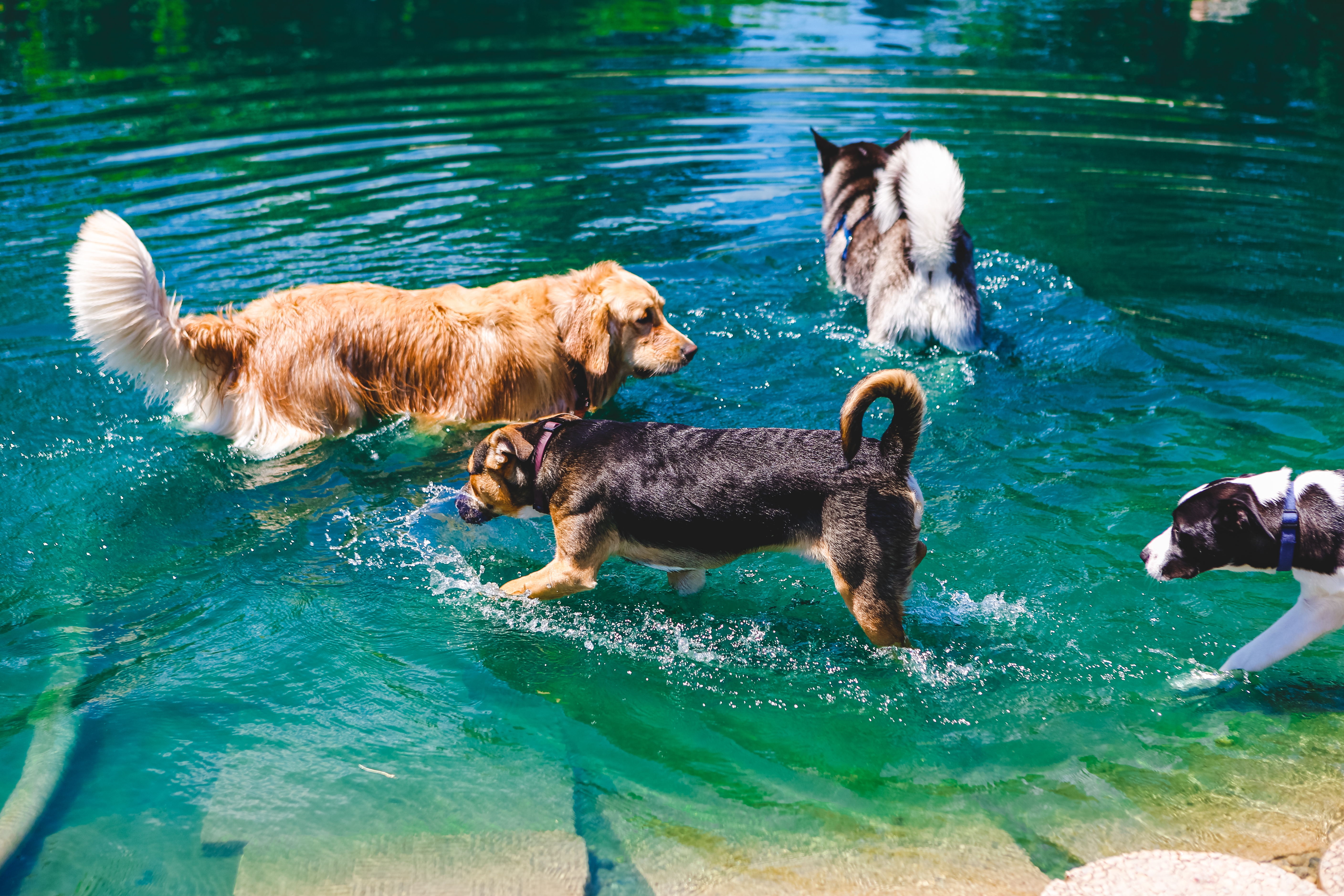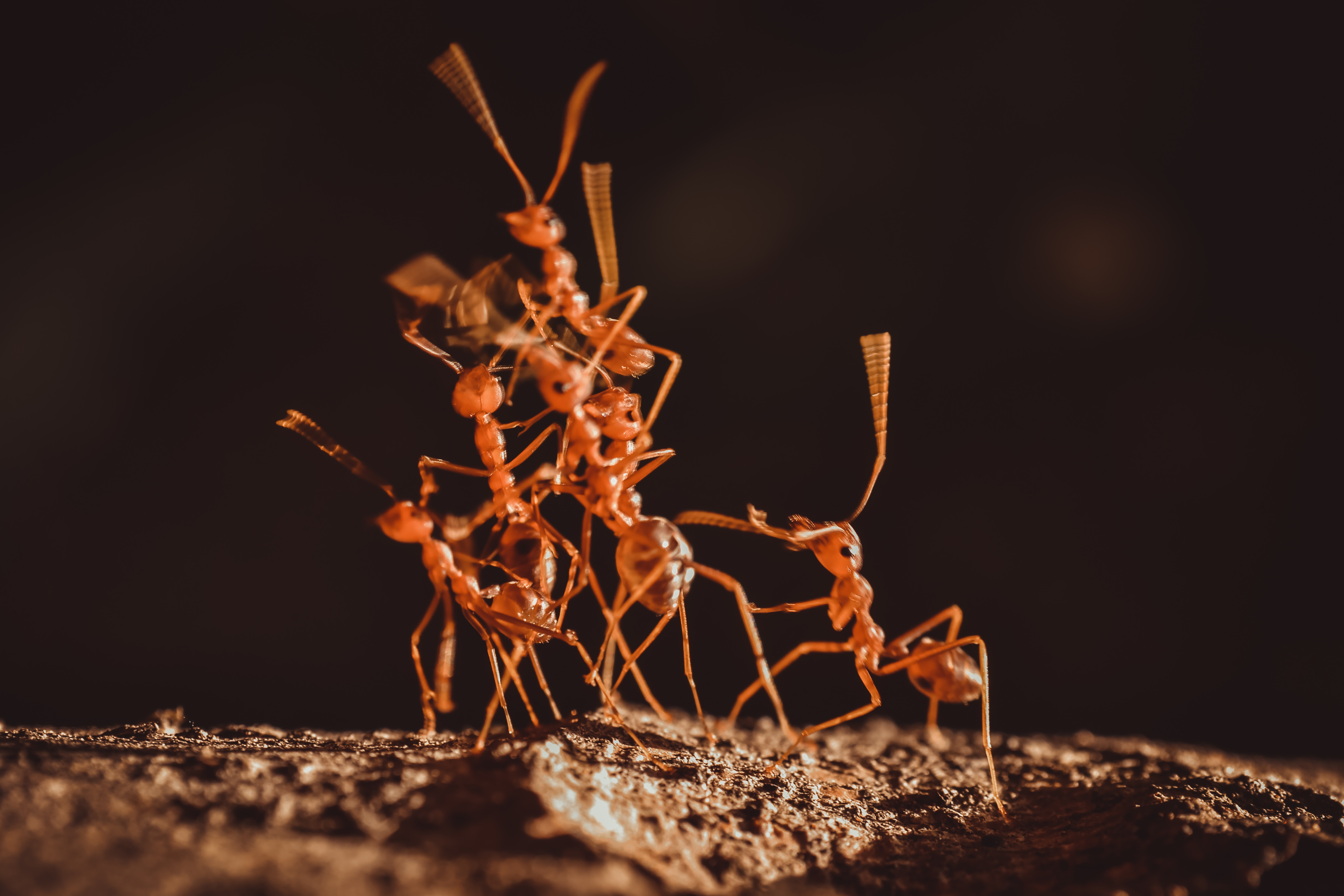Decoding Animal Instincts: The Top 18 Guide to How Creatures Foresee Natural Disasters Ahead of Humans
The animal kingdom has always been a source of fascination for humans, with its diverse species and their unique behaviors. But what if these creatures hold the key to predicting natural disasters? There's a growing body of evidence to suggest that animals can sense impending calamities before humans do, thanks to their heightened senses and instincts. This guide will delve into the top 18 examples of how animals predict natural disasters, providing a comprehensive exploration of this fascinating phenomenon.
Earthquake Predictions
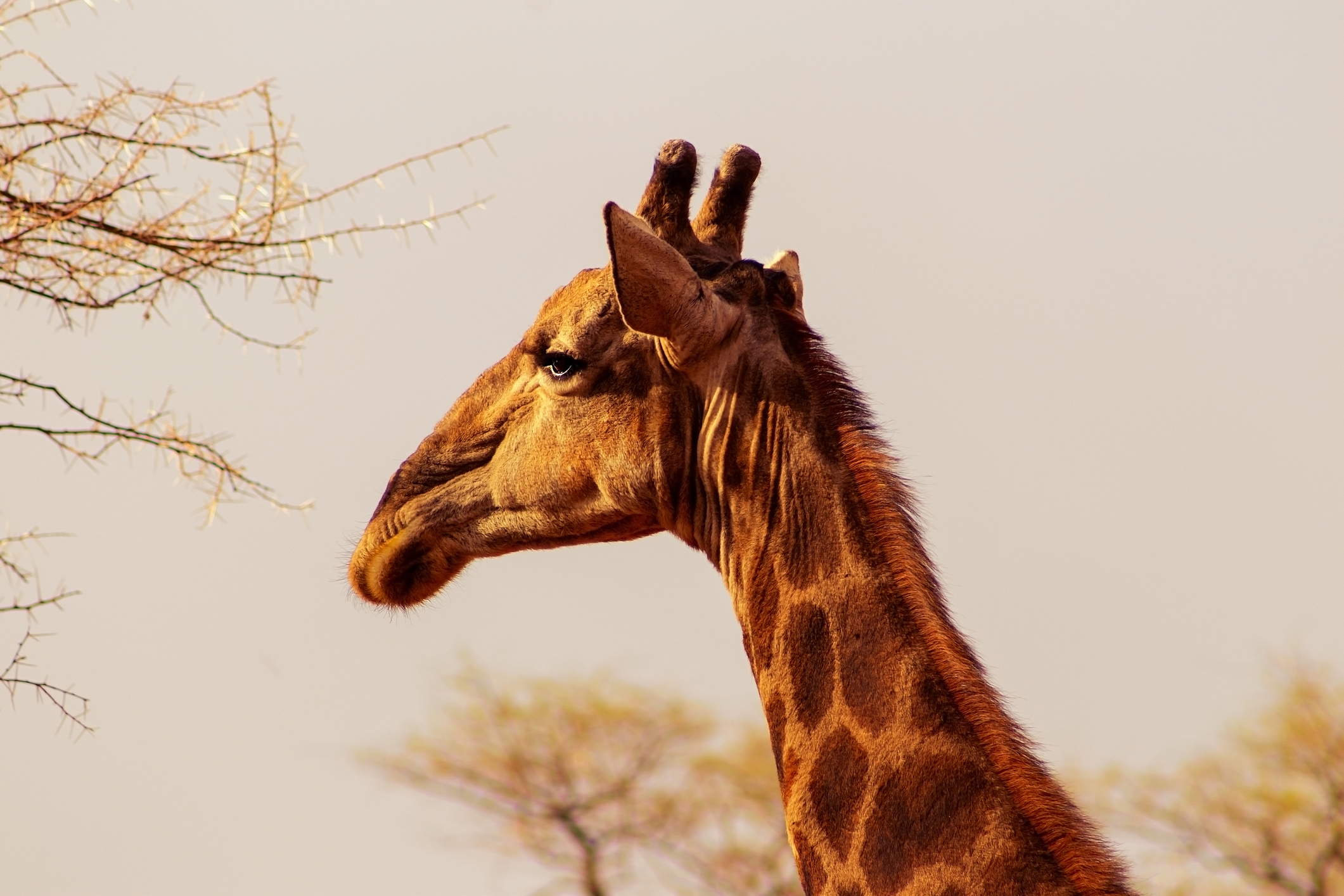
The connection between animal behavior and earthquakes has been documented for centuries, with reports of animals acting erratically before seismic events. Scientists believe that animals may detect seismic waves or changes in the Earth's magnetic field, alerting them to an impending earthquake.
Tsunami Warnings
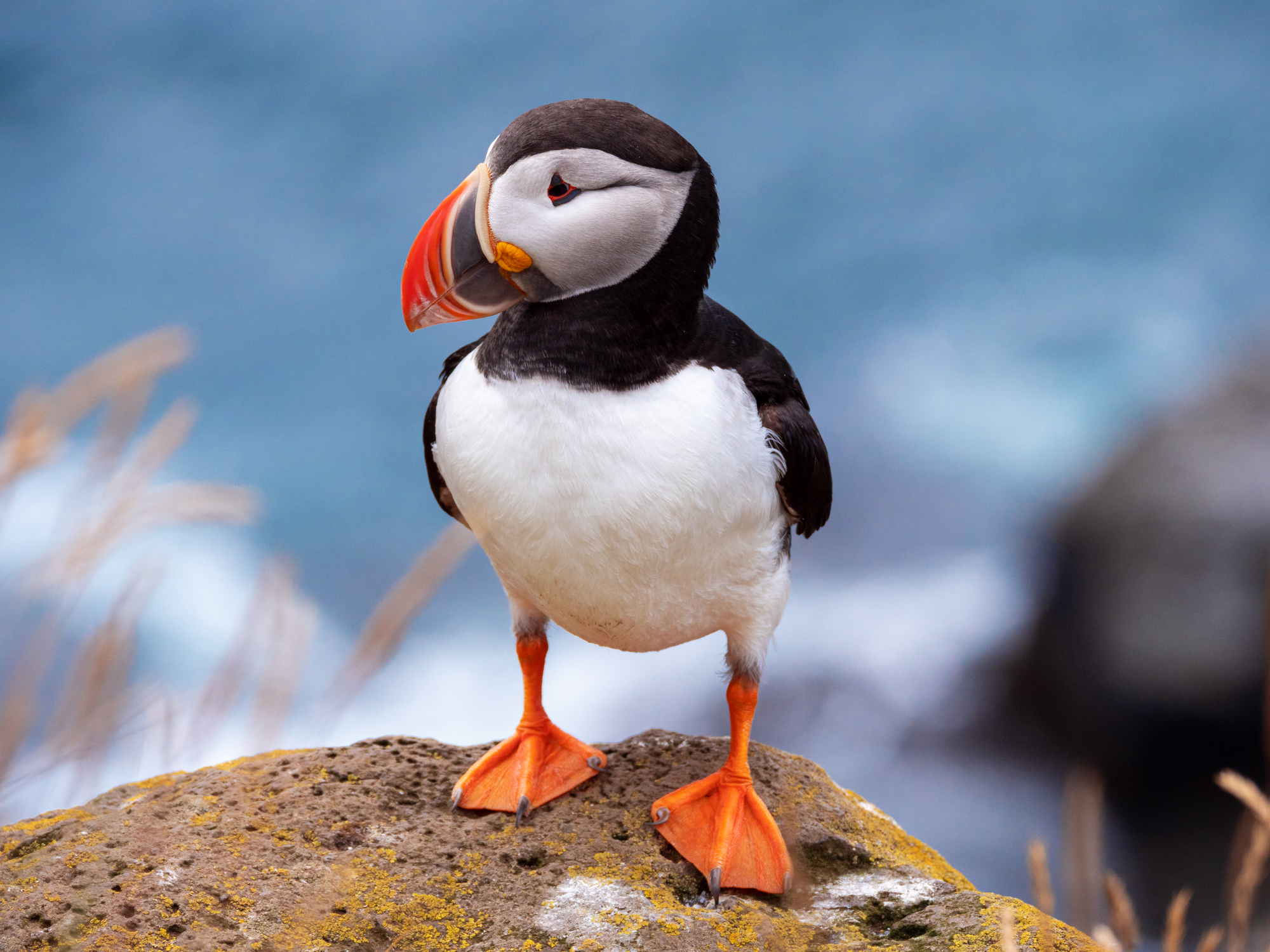
The 2004 Indian Ocean tsunami was a tragic event that claimed countless lives. However, it was also a stark reminder of animals' uncanny abilities to predict natural disasters. From elephants to flamingos, numerous animals fled to higher ground before the tsunami struck, suggesting they detected the danger in advance.
Predicting Volcanic Eruptions
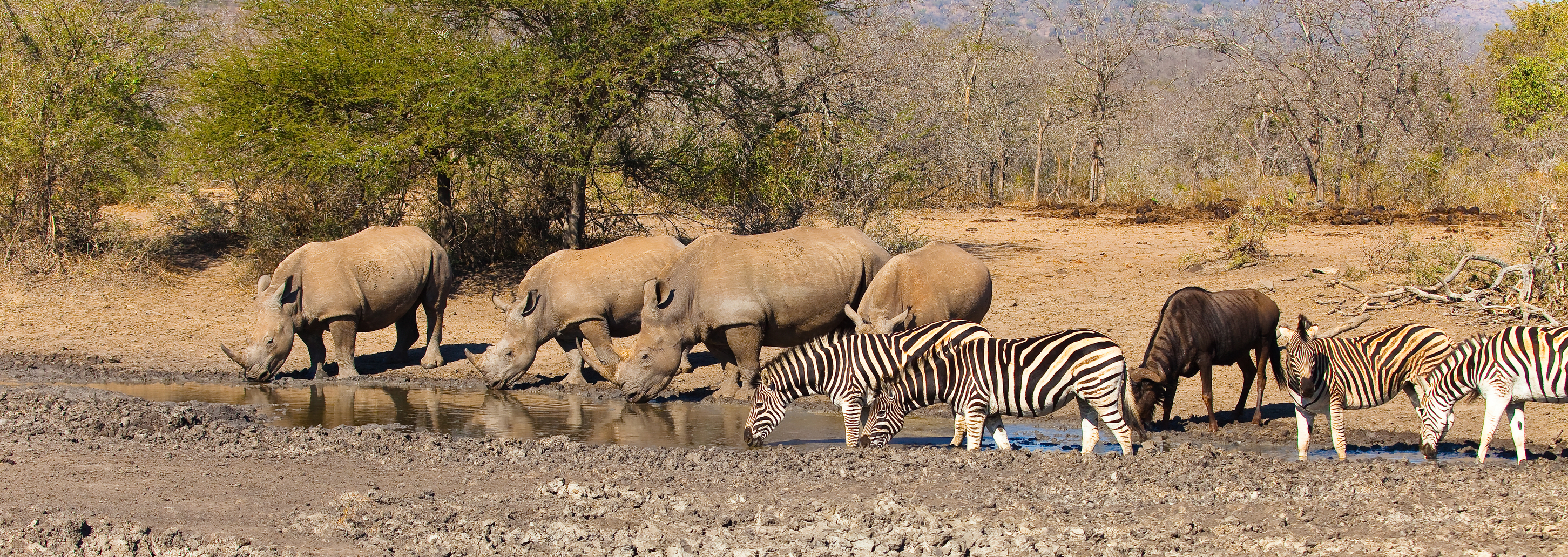
Animals living near volcanoes have been observed to evacuate before eruptions occur. This behavior is thought to be a response to changes in air pressure, temperature, or the release of gases that animals can sense before humans.
Sensing Storms
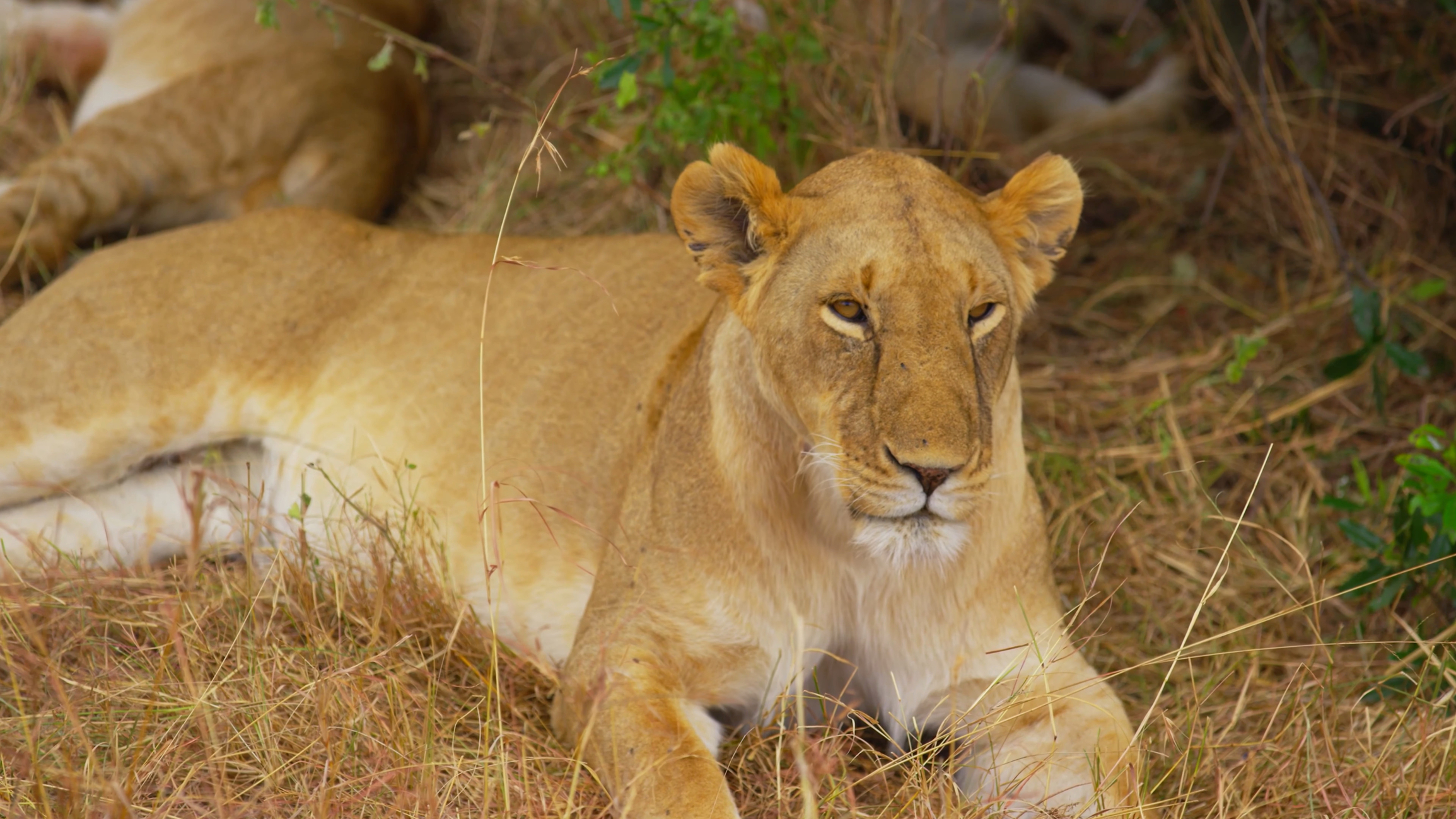
Birds, insects, and other animals have been known to change their behavior before storms hit. They may seek shelter, alter their feeding habits, or even migrate to avoid the impending weather event.
Detecting Floods
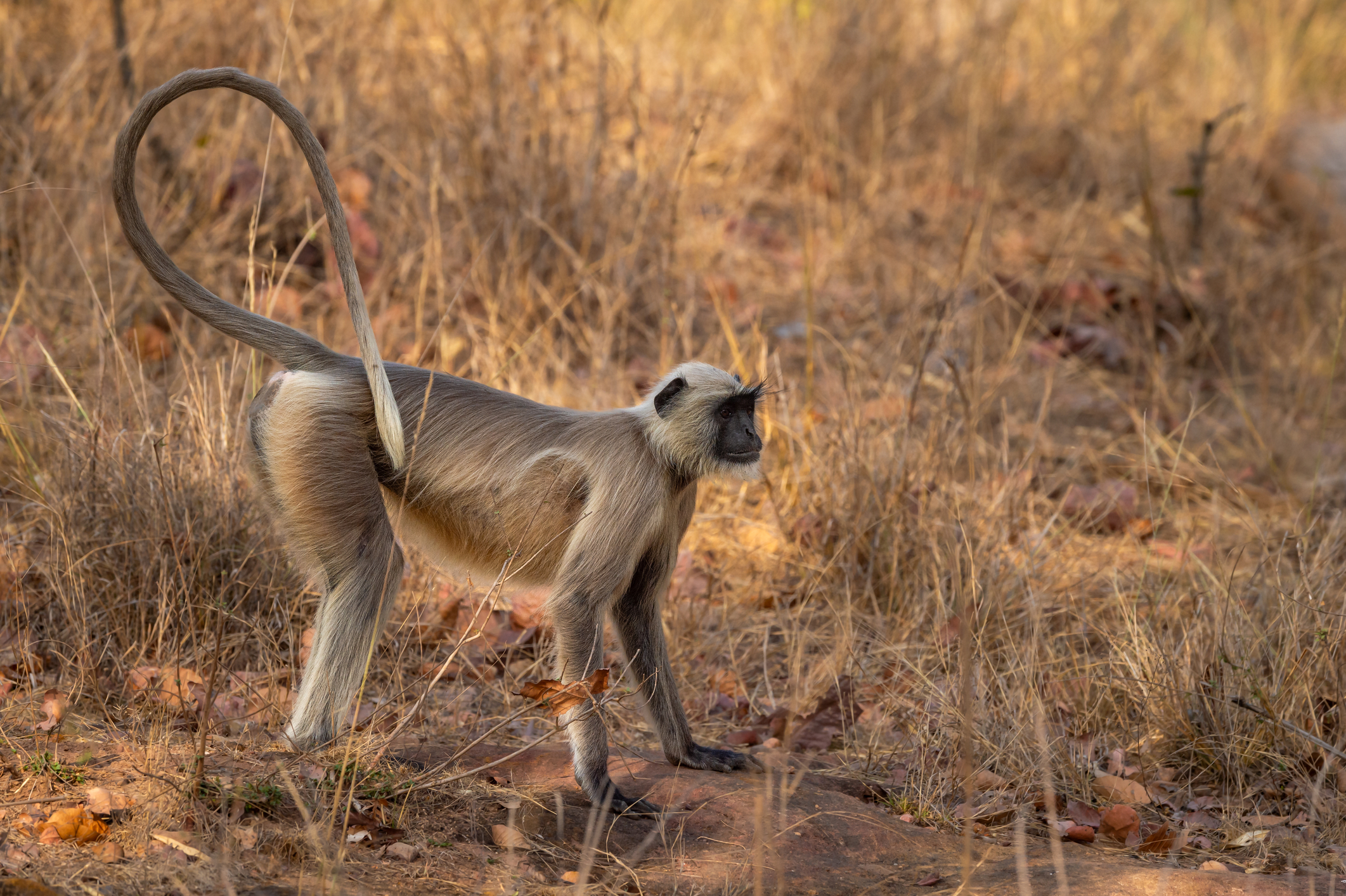
Certain species, like ants and rats, have been observed moving to higher ground before floods occur. This behavior is thought to be a response to changes in humidity or barometric pressure.
Animals and Hurricanes
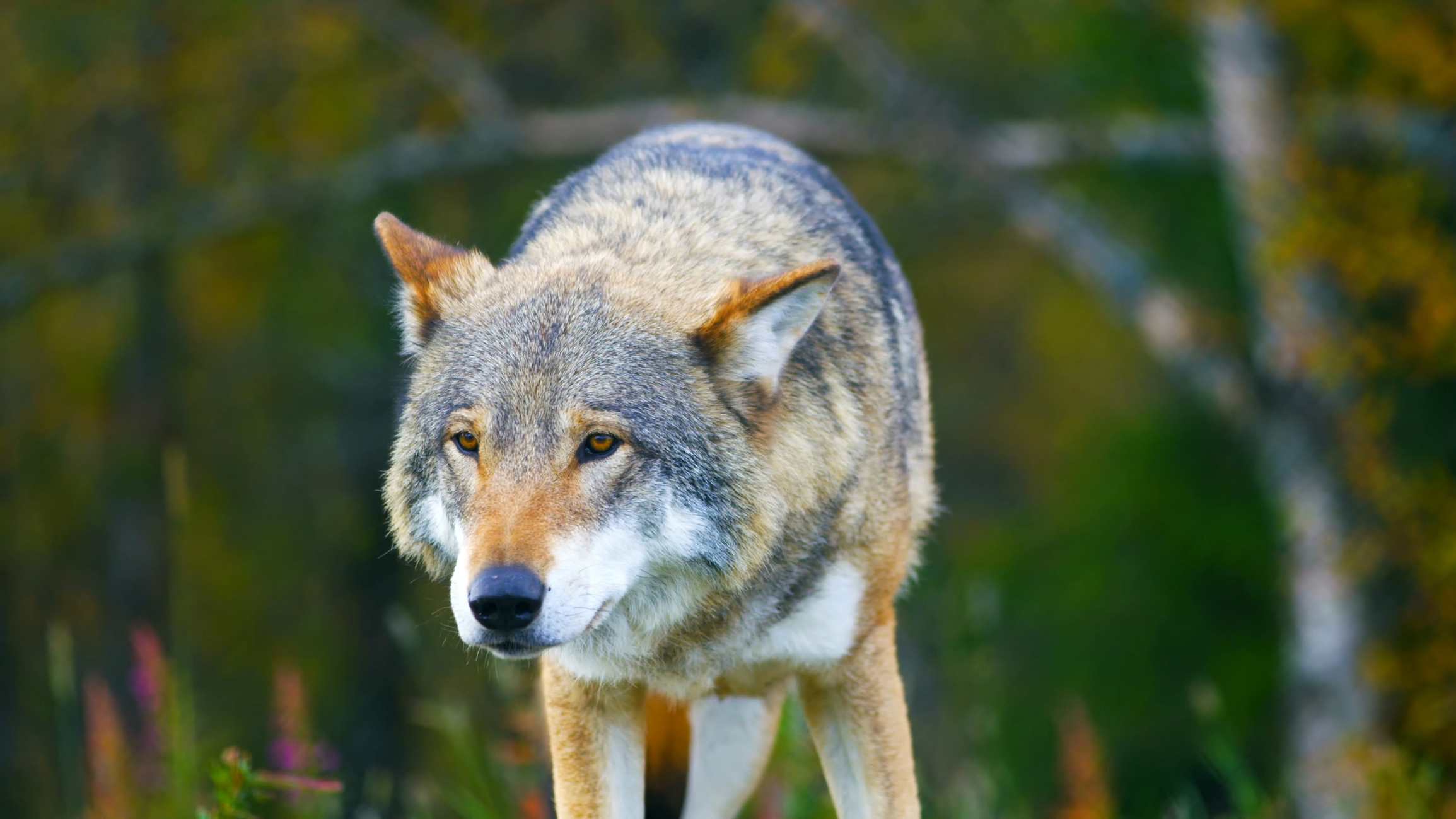
Before a hurricane, birds and insects often exhibit changes in behavior. Some species may evacuate the area, while others may seek shelter or alter their feeding habits. This behavior is believed to be a response to changes in atmospheric pressure, temperature, and humidity.
Animal Behavior and Tornadoes
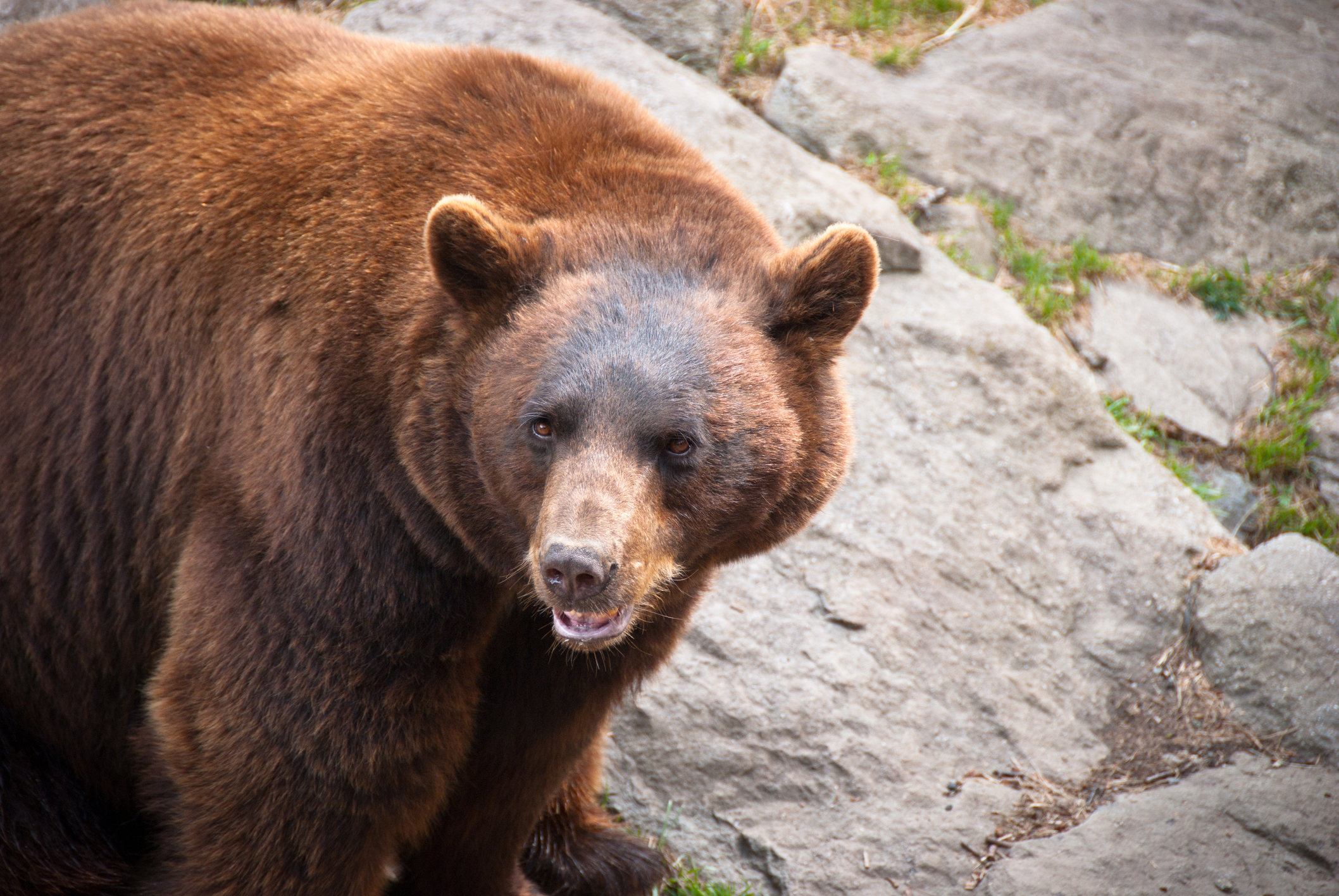
Animals, particularly pets, have been observed acting unusually before tornadoes strike. They may become restless, anxious, or seek shelter, suggesting they can sense the impending disaster.
Animals Sensing Avalanches
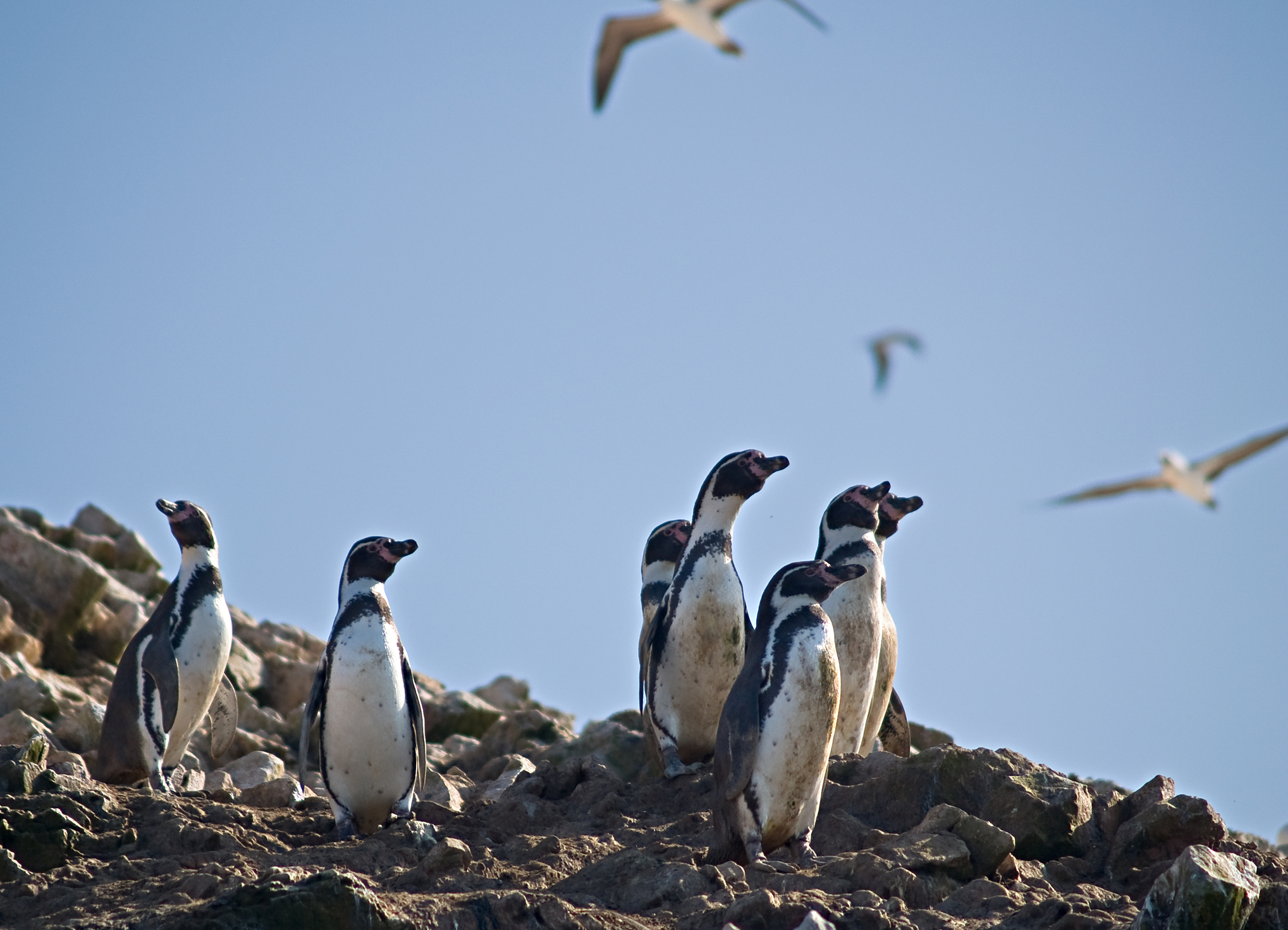
Some animals, like the snow vole, have been observed fleeing avalanche-prone areas before the disaster strikes. They may detect vibrations or changes in snow conditions that humans cannot.
Animals and Wildfires
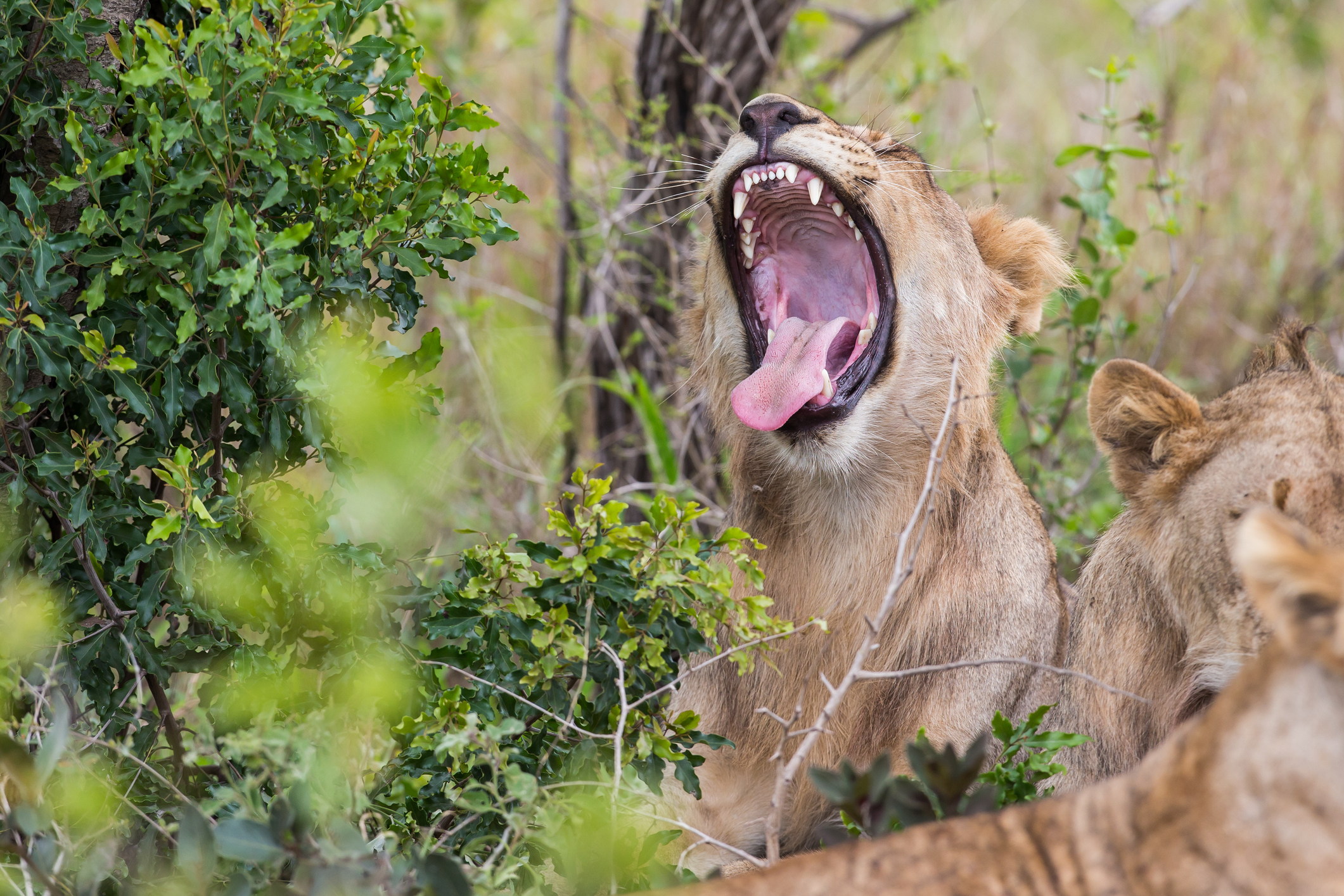
Animals living in wildfire-prone areas often exhibit changes in behavior before a fire breaks out. They may evacuate the area or seek shelter, suggesting they can detect changes in temperature, air pressure, or the presence of smoke.
Sensing Drought
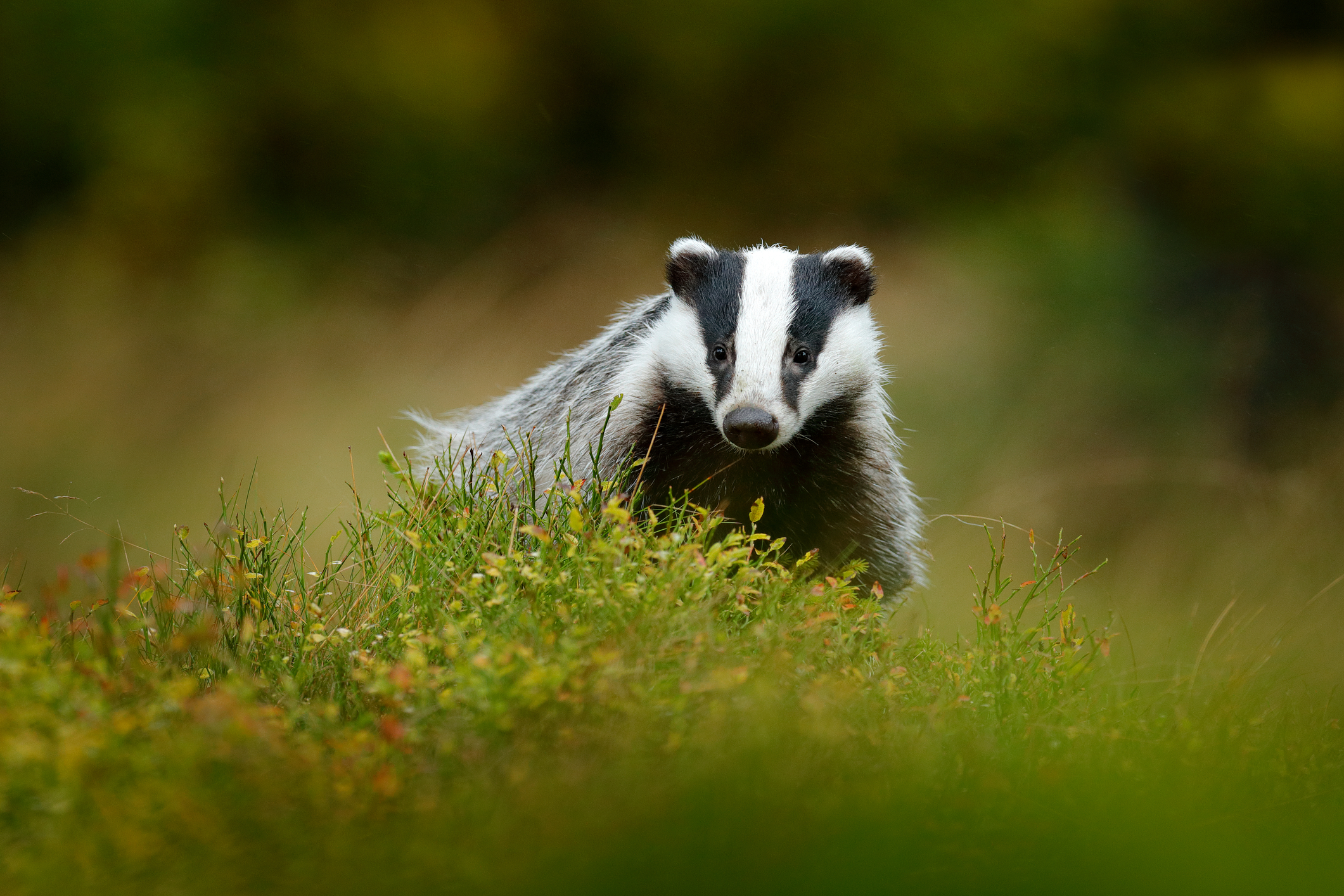
Certain animals, such as elephants, have been observed digging wells during periods of drought, suggesting they can predict periods of water scarcity.
Detecting Landslides
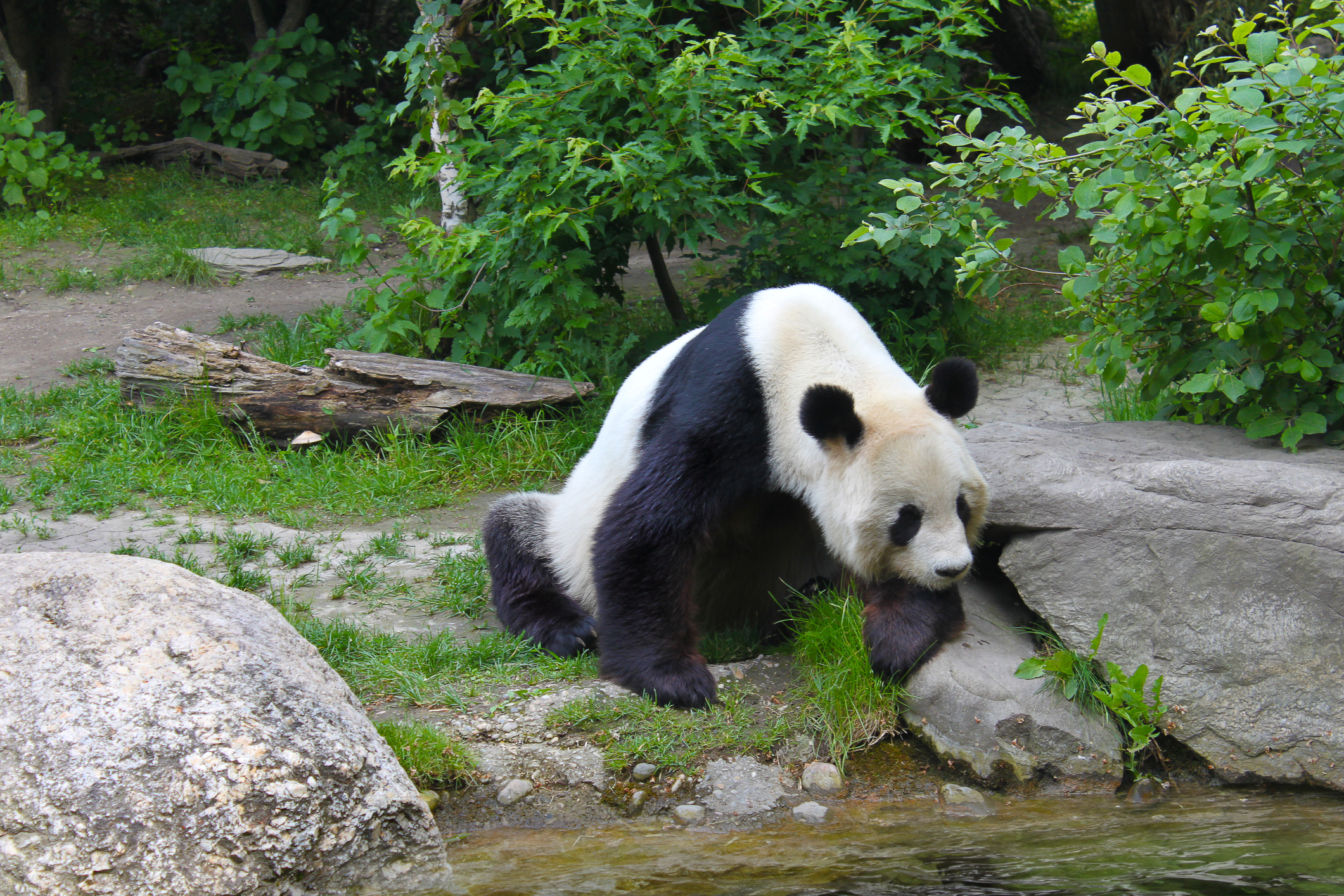
Animals living in landslide-prone areas have been observed to evacuate before a landslide occurs. This behavior is thought to be a response to vibrations or changes in the earth's stability.
Animals and Solar Flares
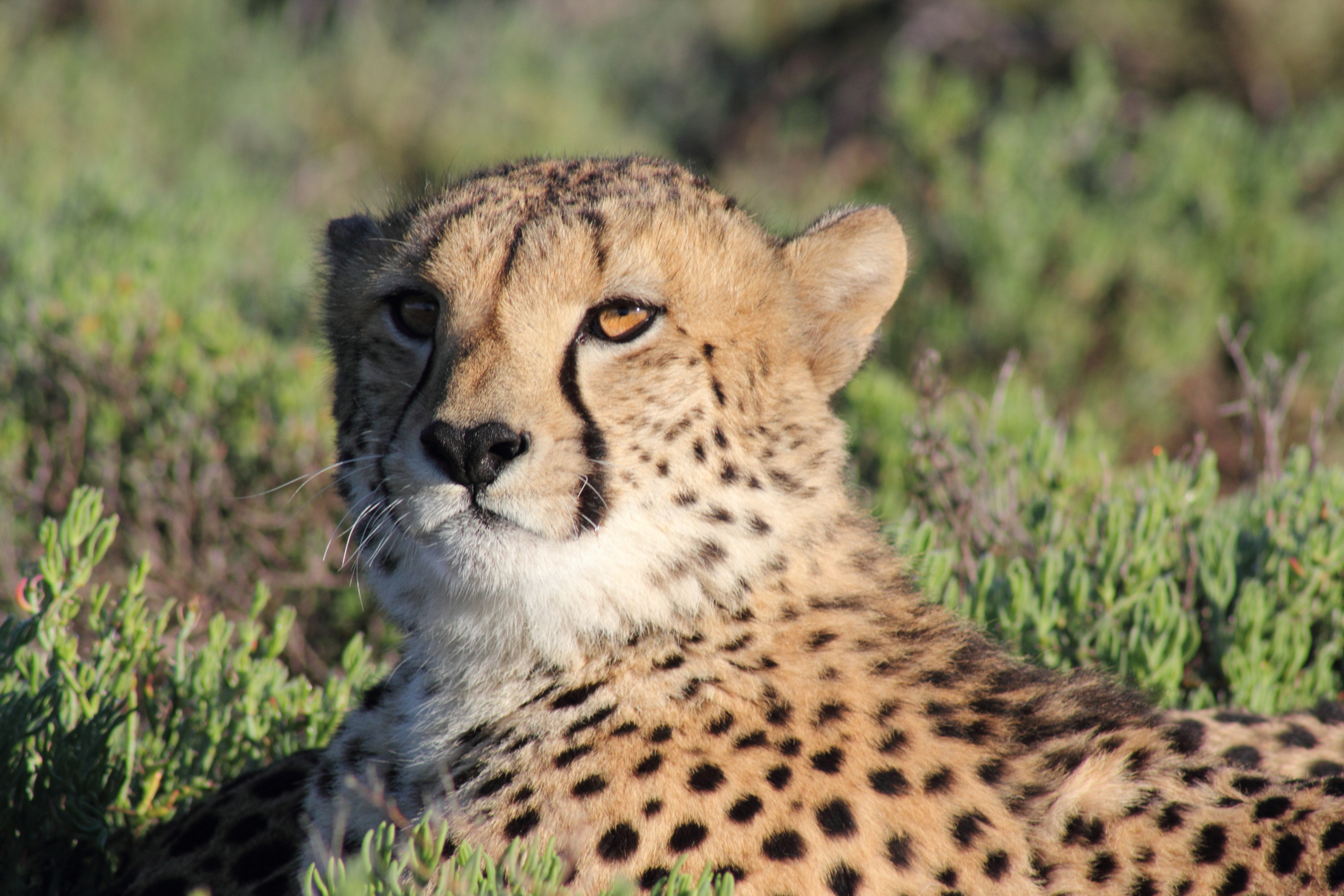
Some research suggests that animals can sense solar flares, which can disrupt the Earth's magnetic field. Birds, in particular, may alter their migratory patterns in response to these events.
Animals Sensing Heatwaves
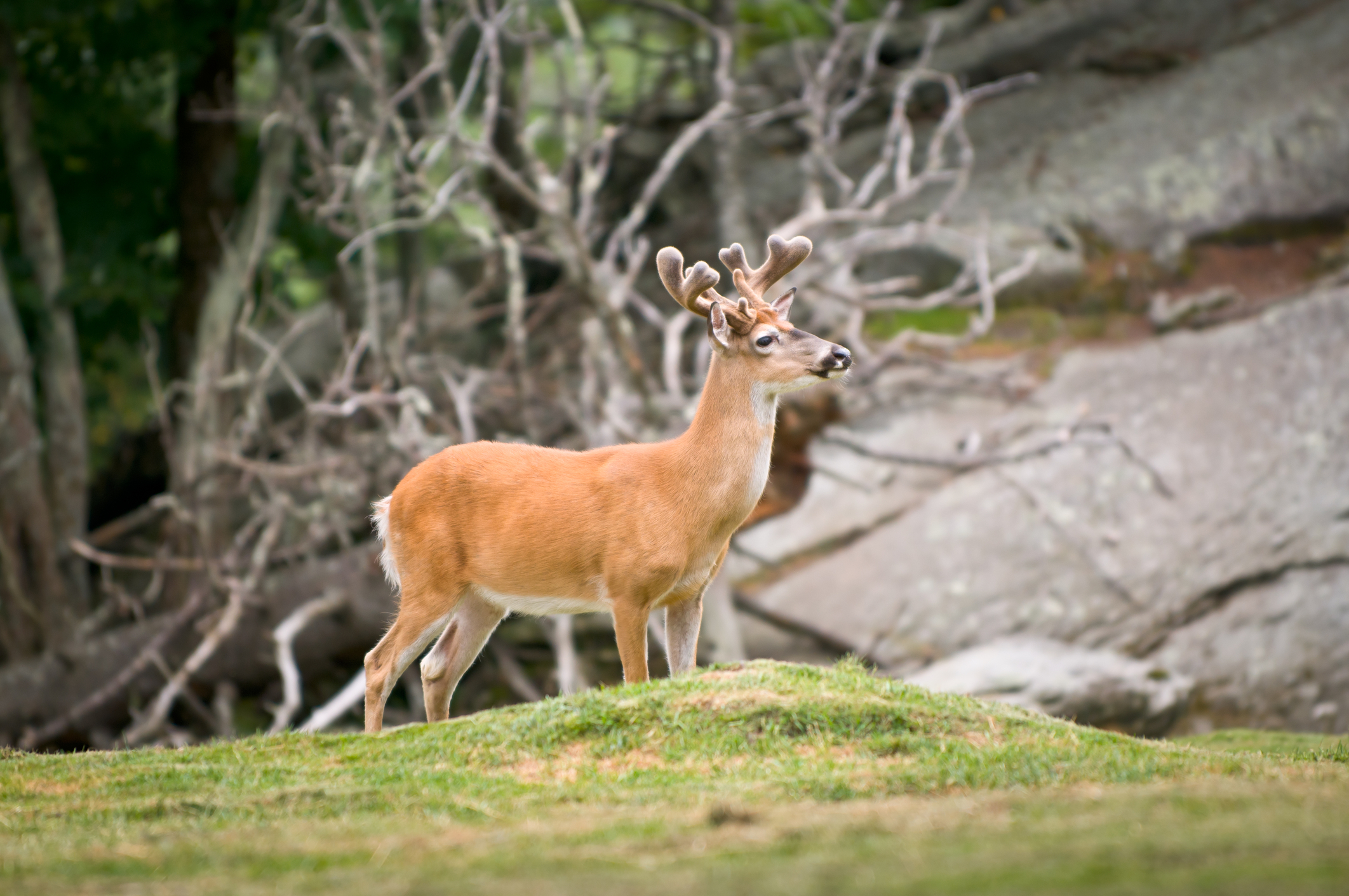
During periods of extreme heat, many animals alter their behavior to conserve energy and water. This may include seeking shade, reducing activity, or altering feeding habits.
Animals and Cold Waves
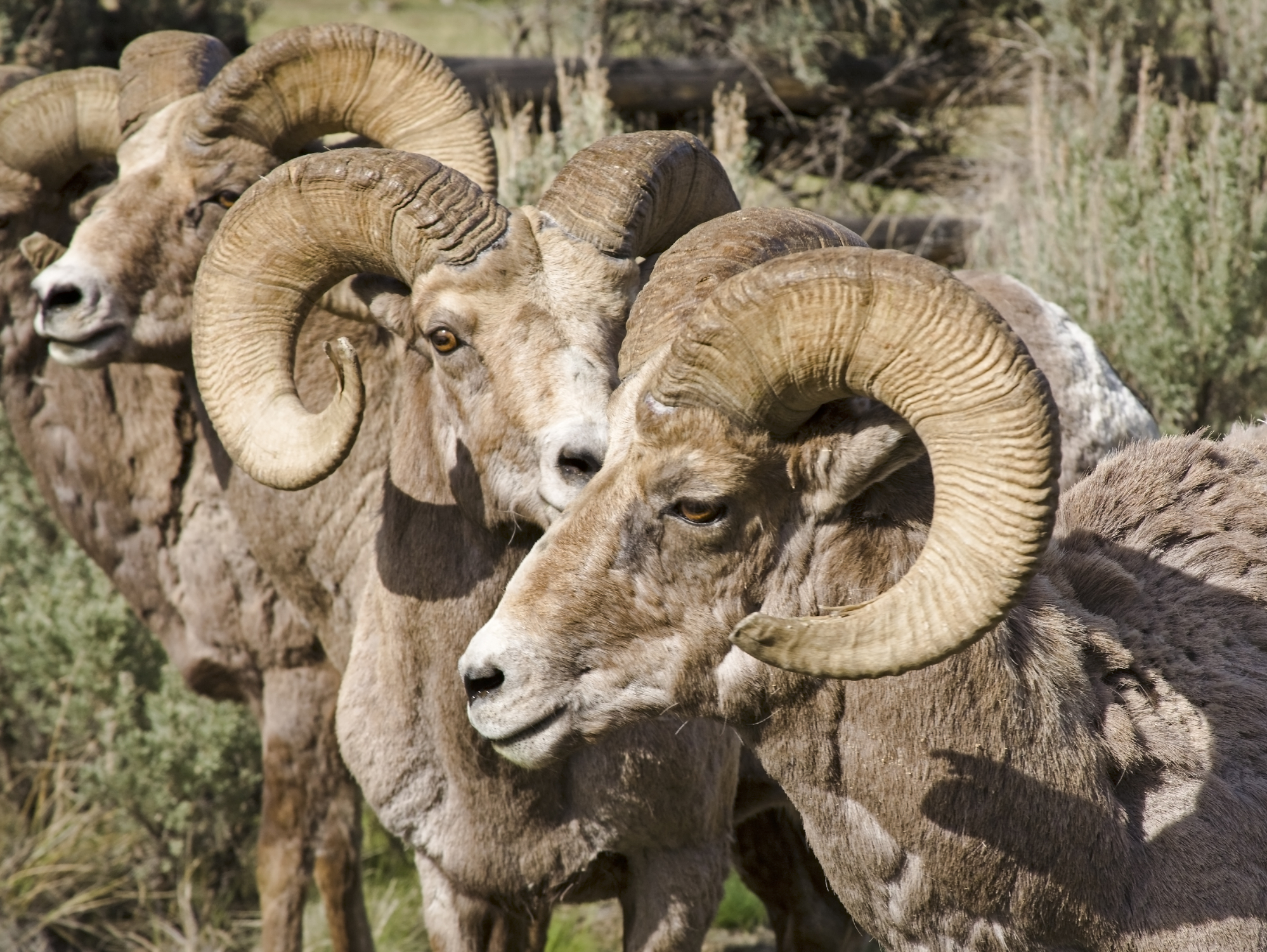
In response to impending cold waves, animals may increase their food intake, seek shelter, or even hibernate to survive the harsh conditions.
Predicting Hailstorms
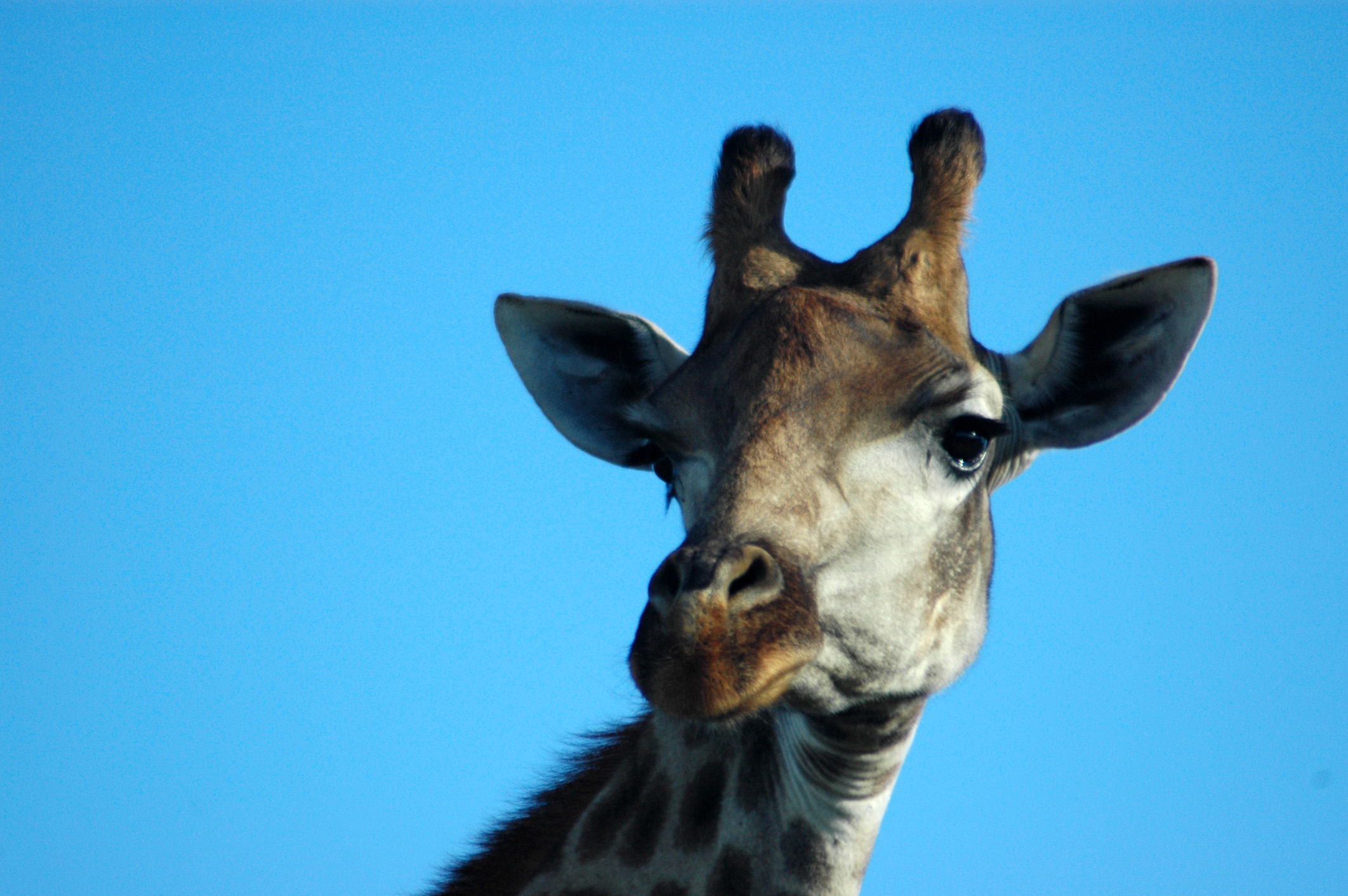
Before a hailstorm, animals like birds and insects may seek shelter or alter their feeding habits. This behavior is believed to be a response to changes in atmospheric pressure, temperature, and humidity.
Animals and Cyclones
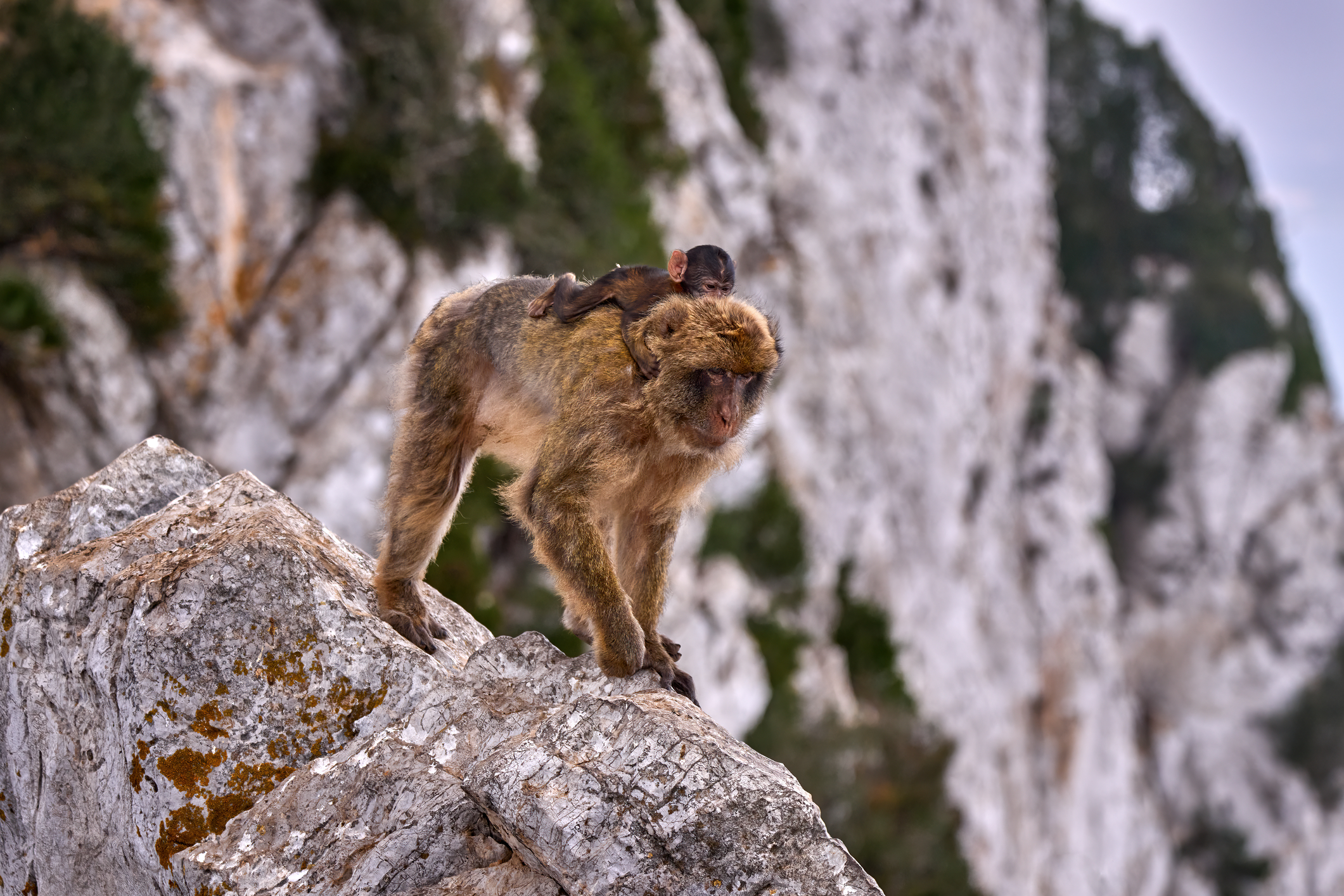
Before a cyclone, birds and insects often exhibit changes in behavior. Some species may evacuate the area, while others may seek shelter or alter their feeding habits.
The Science Behind Animal Instincts
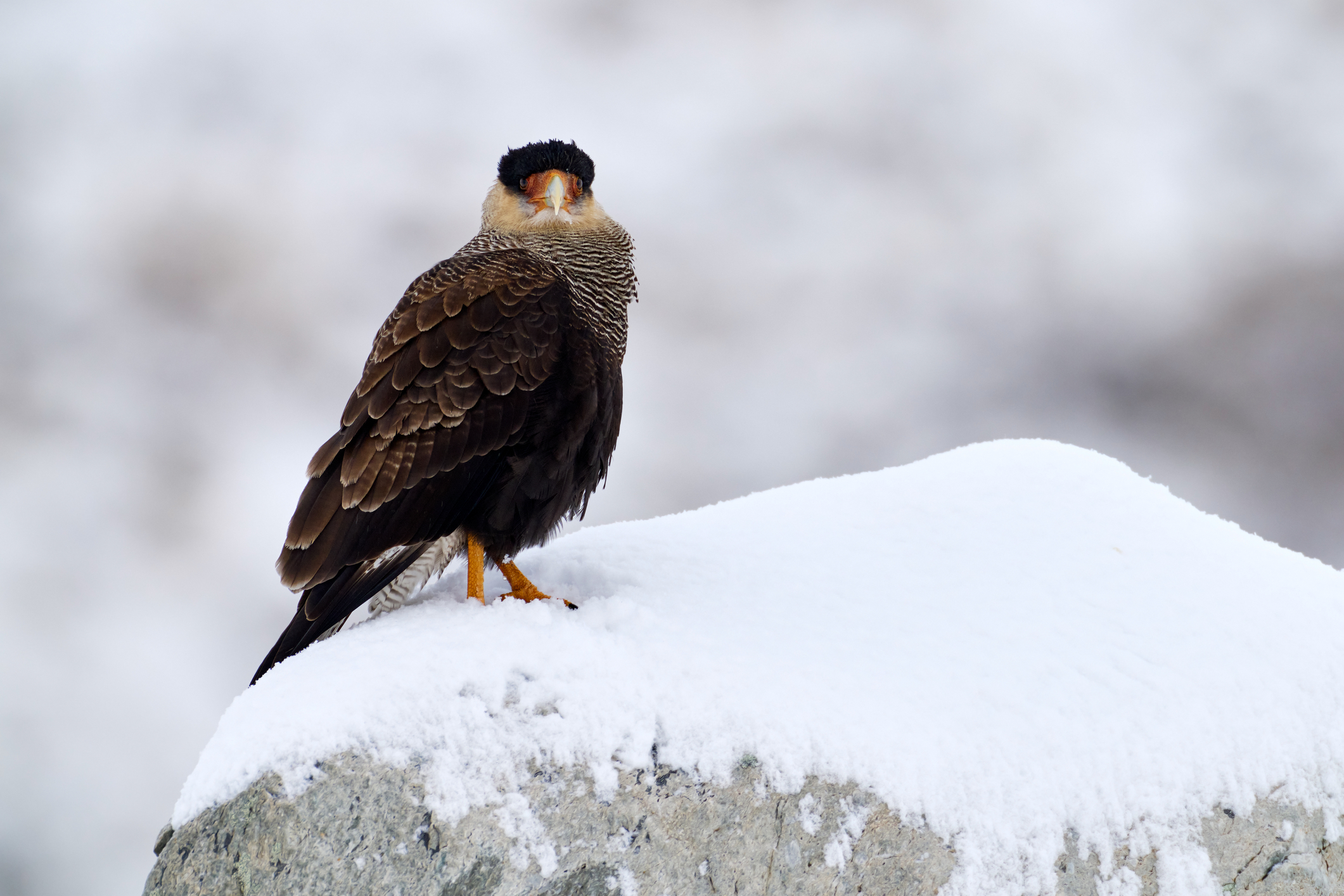
While there's still much to learn about how animals predict natural disasters, current theories suggest they may detect changes in environmental conditions, such as atmospheric pressure, temperature, humidity, and electromagnetic fields, that humans cannot. Further research in this area could not only enhance our understanding of animal behavior but also improve our disaster prediction capabilities.
The ability of animals to predict natural disasters is a fascinating area of study that holds great potential for improving our own disaster prediction and response capabilities. As we continue to explore this intriguing phenomenon, we may discover new ways to harness the power of animal instincts for the benefit of humanity.
